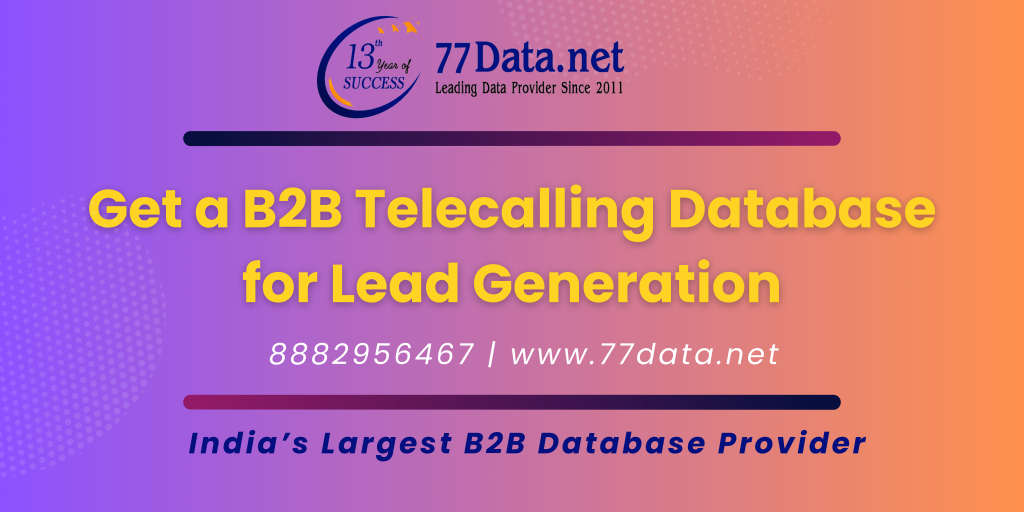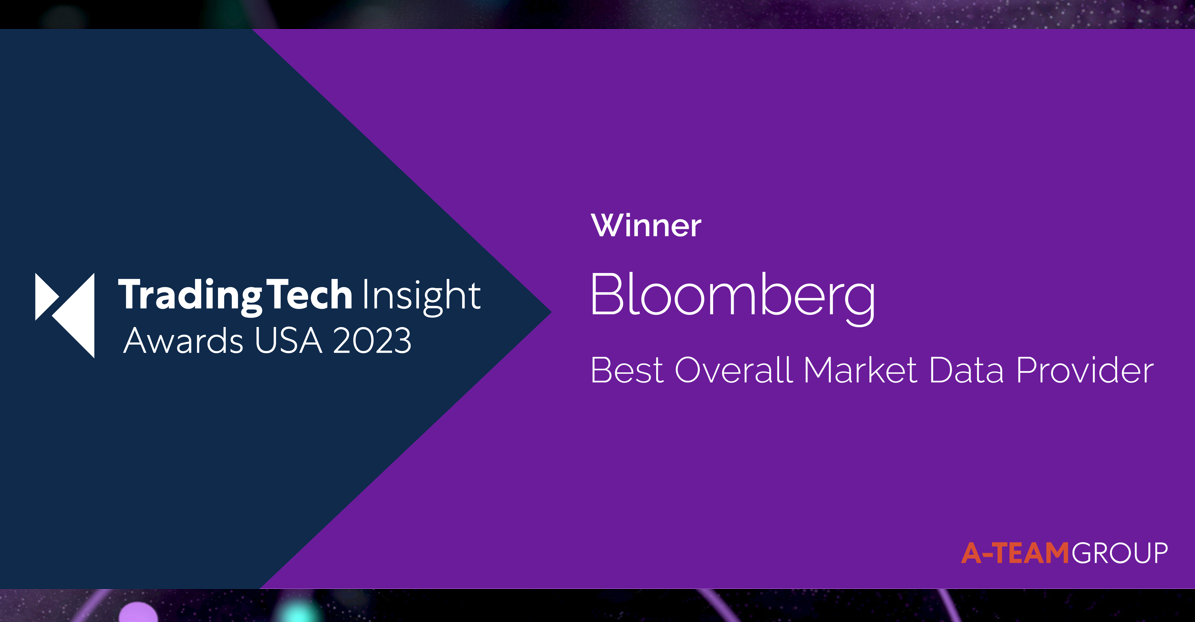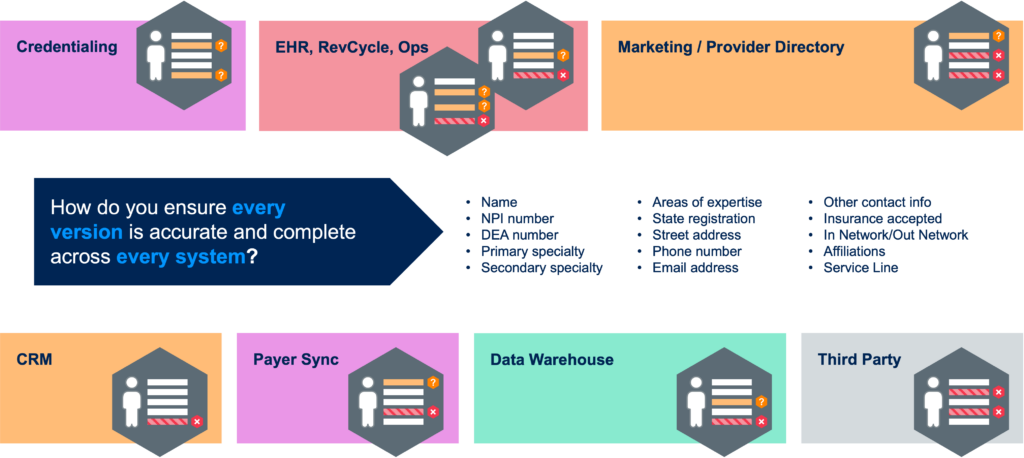Just how to Review and Select a Reliable Database Provider
Just how to Review and Select a Reliable Database Provider
Blog Article
Trick Features to Look for When Selecting a Database Provider
Selecting a database company is a vital decision that can substantially affect your organization's information and operations monitoring strategy. Amongst the crucial attributes to think about are scalability alternatives, which ensure that your system can adapt to expanding demands.
Scalability Options
When choosing a database provider, comprehending scalability options is important to guaranteeing that the chosen remedy can fit future growth. Scalability refers to the ability of a data source system to increase its ability and performance in reaction to raised demand. There are 2 key types of scalability: horizontal and upright.
Upright scalability, or "scaling up," entails improving a single web server's resources, such as CPU, RAM, or storage. This strategy can be simple and cost-effective for smaller applications yet might reach a restriction where even more upgrades are as well costly or impractical.
Horizontal scalability, or "scaling out," includes including much more servers to disperse the load. This technique permits better adaptability and can accommodate significant rises in data quantity and customer website traffic (database provider). It is particularly advantageous for cloud-based database solutions that can dynamically allot resources based upon need

Protection Procedures

When evaluating safety and security measures, consider the application of security methods (database provider). Data-at-rest and data-in-transit file encryption are necessary to make certain that delicate info remains safeguarded, even in case of a safety breach. In addition, seek service providers that provide solid authentication systems, such as multi-factor verification (MFA), to better boost access control
Routine protection audits and conformity with sector standards, such as GDPR or HIPAA, are indicative of a company's commitment to data security. In addition, inquire regarding their incident feedback plan; a durable strategy can minimize the effect of any prospective protection incident.
Efficiency Metrics
Reviewing efficiency metrics is essential for organizations to make certain that their selected database supplier meets operational requirements. Key performance metrics include reaction scalability, throughput, and time, which jointly establish the performance of database operations under varying lots.
Feedback time is crucial, as it reflects exactly how swiftly the database can process inquiries and return outcomes. Organizations should try to find metrics that indicate average feedback times throughout height and off-peak hours. Throughput, often measured in purchases per second (TPS), supplies understanding right into the database's capacity to manage high volumes of demands without efficiency destruction.
Scalability evaluates the database's capacity to expand with the organization's demands. A robust database company must show upright and horizontal scaling capacities, permitting for smooth changes as needs fluctuate. Additionally, understanding latency, particularly in dispersed systems, can help companies evaluate the responsiveness of the database throughout different geographical locations.
Client Assistance
Reputable consumer assistance is a keystone of reliable database management, giving organizations with the help required to resolve issues and maximize performance. When picking a data source sites copyright, assessing the level of consumer assistance they offer is vital. A robust assistance system need to include numerous channels of interaction, such as phone, email, and live conversation, making sure that users can access help whenever they require it.
In addition, receptive support groups that are offered 24/7 significantly enhance the reliability of the database solution. Trigger response times and reliable resolution of problems can significantly lower downtime and increase overall productivity. It is also helpful to take into consideration the availability of devoted support workers, that can offer customized assistance based on a company's specific needs.

Rates Structure
When considering a data source supplier, the pricing structure is a critical element that can significantly influence a company's budget plan and overall technique. A versatile and clear rates design is essential for lining up the data source sets you back with organization needs - database provider. Organizations should evaluate whether the rates is based upon consumption, per user, or a flat price, as each version can generate various monetary implications in time
It is important to assess any type of additional expenses connected with the copyright's services, such as data storage fees, transaction costs, and support charges. Some suppliers might use tiered prices, permitting scalability as the company have a peek at this site grows, while others might impose Source rigorous restrictions that could become costly as information demands raise.
Moreover, organizations should consider the long-term worth of the database service. While lower preliminary costs can be enticing, they might not represent future upgrades, upkeep fees, or integration costs. Conducting a detailed cost-benefit evaluation will help recognize one of the most suitable rates structure that balances performance, scalability, and support, eventually guaranteeing that the selected data source company straightens with the organization's monetary and operational goals.
Final Thought
In final thought, picking a data source provider necessitates cautious factor to consider of different crucial attributes. Examining performance metrics makes it possible for the recognition of reliable data sources, and easily accessible customer assistance boosts the overall individual experience.
Choosing a data source copyright is an essential decision that can considerably affect your organization's procedures and data administration technique.When picking a database supplier, understanding scalability options is critical to ensuring that the chosen remedy can accommodate future development. When picking a data source copyright, examining the degree of customer support they use is vital.When considering a database service provider, the pricing structure is an essential factor that can substantially influence a company's budget and overall approach. Carrying out a complete cost-benefit evaluation will certainly assist determine the most ideal prices structure that balances scalability, performance, and support, ultimately making sure that the chosen data source copyright straightens with the company's functional and economic objectives.
Report this page